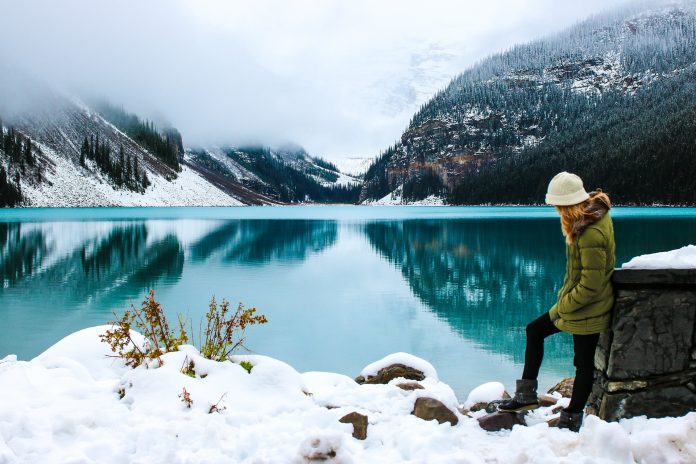Guest post by Vijay Jayaraj
Spare a thought for millions who will be living through an uncertain winter due to unaffordable heating prices. The situation is worse this year because of the energy crisis in Europe, where fuel is scarce and expensive. In the U.S., a bomb cyclone that suddenly chilled much of the country sent power demand soaring and disrupted supplies to consumers.
Being a species born in the tropics, humans are prone to greater morbidity and mortality in winter. People exposed to cold conditions have a “higher risk of stroke, respiratory infection and other injuries” due to reduced strength and dexterity in low temperatures. Whether the threat is a flu infection or a fall, the risk is generally greater in the more challenging environment of cold weather.
According to the U.S. Environmental Protection Agency, “Death rates in winter months have been eight to 12% higher than in non-winter months.” It adds that “even moderately cold days can increase the risk of death for many people.”
The dangers of winter temperatures are not unique to temperate regions. Even subtropical people are susceptible. According to a study published by PLOS ONE, the subtropical Chinese city of Guangzhou “showed a clear seasonal pattern in mortality, with a sharper spike in winter.”
The heating of homes and other buildings is what reduces winter risks. However, access to heating is not uniform across the world. In underdeveloped regions, the primary method of heating is to light a fire using wood, dried animal dung or some flammable waste available in the vicinity. People often forage for days looking for wood.
In more developed economies of the West, most people use gas or electricity-based heaters, which are more reliable, clean and convenient than open-flame heating. According to a recent survey in the U.S., 48% of people prefer to use gas. Electricity is preferred by 38%. Fuel oil and kerosene are the third most common source of heat.
So, it unsurprising that a high cost of gas and electricity leads people in developed economies to cut back on winter heating. In New Zealand, fuel poverty is reported to be a contributing factor to the country’s high rate of excess winter mortality and hospitalizations. According to a European Parliament report, “In 2020, about 36 million Europeans were unable to keep their homes adequately warm.”
Commenting on the sharp spike in the UK’s power prices in 2022, analyst Peter Matejic says, “It is impossible to think a care worker or a shop assistant will have to scramble to find hundreds more pounds to pay for their heating or that the entirety of someone’s income for a whole year will be less than their energy bill.”
The UK’s National Health Service, the second largest publicly funded healthcare system in the world, has issued a stark warning about increasing energy prices.
“The country is facing a humanitarian crisis,” NHS‘s confederation chief executive said. “Many people could face the awful choice between skipping meals to heat their homes and having to live in cold, damp and very unpleasant conditions. This in turn could lead to outbreaks of illness and sickness around the country and widen health inequalities, worsen children’s life chances and leave an indelible scar on local communities.”
In the U.S., a study by the National Bureau of Economic Research found that “a lower heating price reduces winter mortality, driven mostly by cardiovascular and respiratory causes.”
In other words, winter mortality drops with the price of heating, and vice versa. Usually, this unaffordability of heating occurs when there is an overall slowdown in economic growth, resulting in lower purchasing power among consumers.
However, the current heating crisis is a direct consequence of “green” policies that have pushed up the price of energy in developed economies. An irrational insistence to transition to wind and solar has increased prices and reduced reliability of energy supplies. Blackouts like ones experienced by millions over the Christmas weekend are a serious threat to lives.
Policy makers ignore these realities at the risk of losing the public’s trust. Consumers who once casually put their lives in the hands of large utilities have reason to feel less secure.
Vijay Jayaraj is a Research Associate at the CO2 Coalition, Arlington, Virginia. He holds a master’s degree in environmental sciences from the University of East Anglia, UK and resides in India.
Originally published by RealClearEnergy. Republished with permission.
Climate Realism has covered studies that show cold weather is more dangerous than high temperatures–to read more, click here, here, and here.

















